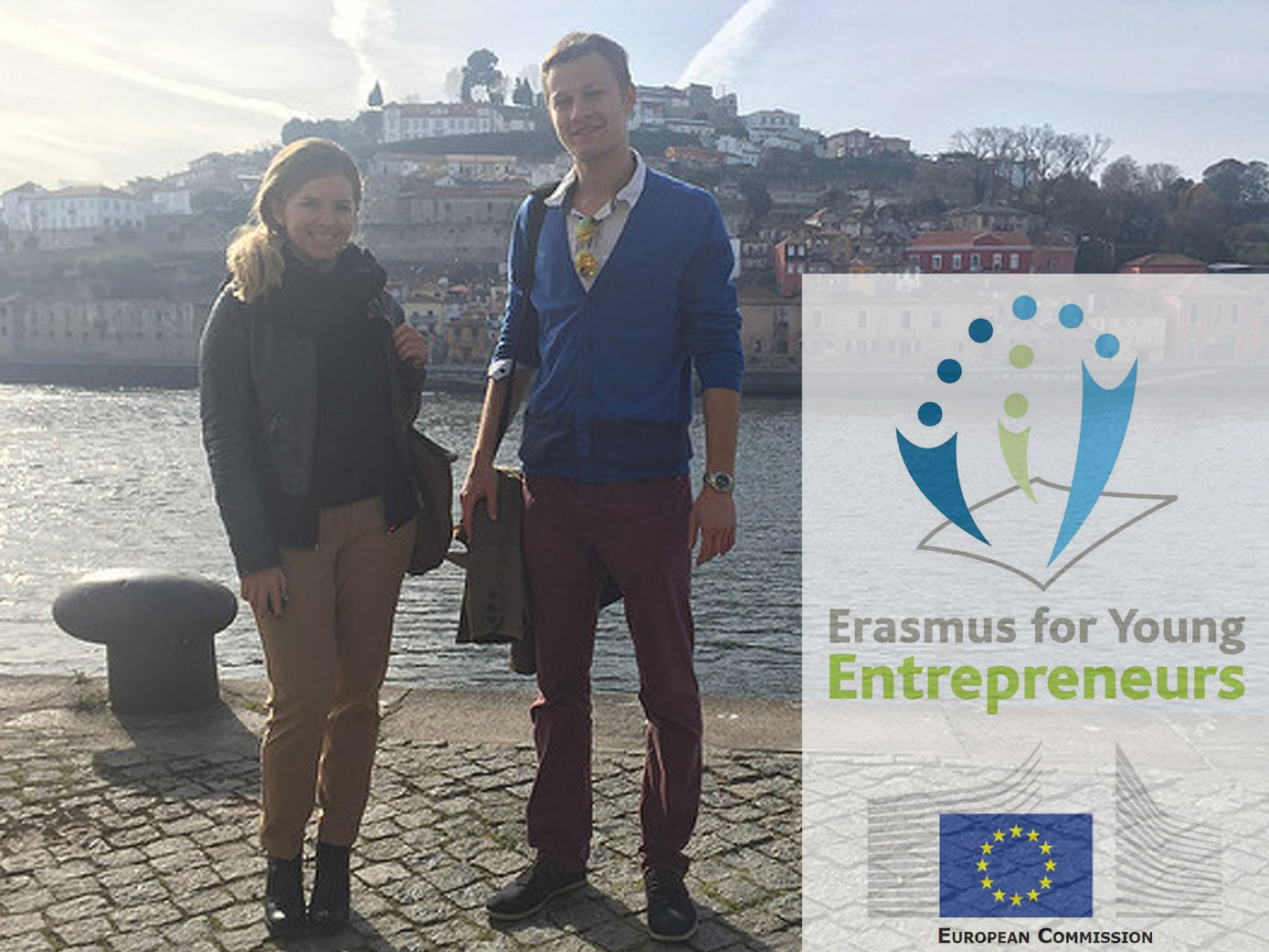
Taking a sprouting idea through a process of producing a final prototype is both exciting and tense. Looking for help seems like a good idea and it turns out the help may be around the corner when we know where to look for it. Our organization took advantage of a less-known, a sort of a “cousin” of the famous Erasmus exchange programme, called Erasmus for Young Entrepreneurs.
During a six-month-long exchange, a young programmer from Lithuania, Lukas Navickas joined our team on a project which focused on developing the Automated Scoring system and the Image Classification of Contemplative Landscapes. The interdisciplinary team worked on an algorithm that incorporates the newest image classification methods and worldwide expert responses on the landscape scenes, creating a prototype of the CLASS software.
Following the official website, “Erasmus for Young Entrepreneurs is a cross-border exchange programme which gives new or aspiring entrepreneurs the chance to learn from experienced entrepreneurs running small businesses in another country.” Similarly, it is beneficial for the host company too as the knowledge-transfer is a two-way street.
For the young entrepreneur, it is firstly a great opportunity to revise their venture proposal, its feasibility and to write a detailed business plan. Secondly, it gives them a chance to learn from more experienced people, ask questions on-site, observe and acquire new skills. And finally, the programme takes the young entrepreneur to another country, which in itself is one of the best learning opportunities one can get!

For the host enterprise, participation opens up an opportunity to receive valuable feedback and to contribute to the international community well beyond the day-to-day tasks of running a business. What is important here is the collaborative and peer-like character of the exchange, which differentiates it from other initiatives such as internships.
In our experience, overall the exchange was fruitful for both sides. Thanks to the team work, the prototype of CLASS software was completed successfully and we were able to share the experience with a wider audience through a scientific publication and a participation in a conference (link to article [here]). Also, our young team member, Lukas, was able to gain valuable experience of working in an interdisciplinary, academic environment with a strong focus on research & development as opposed to traditional settings for SMEs in programming.
While in the process of creation of NeuroLandscape and after many considerations, we decided to take another route, departing from a business-like model to an NGO, we can wholeheartedly recommend the EYE programme to anyone with entrepreneurial aspirations.
More information can be found on the official European Commission’s website: https://www.erasmus-entrepreneurs.eu or through a local agency.
